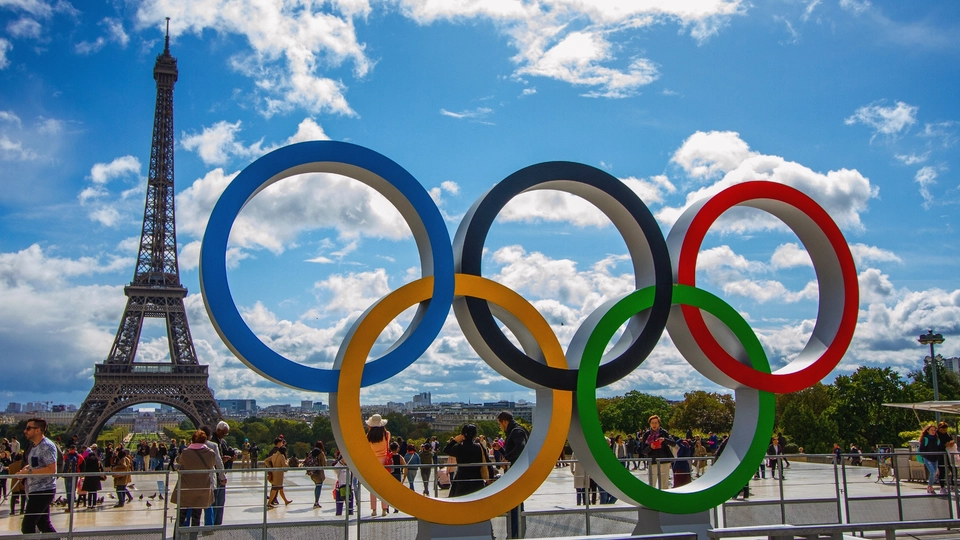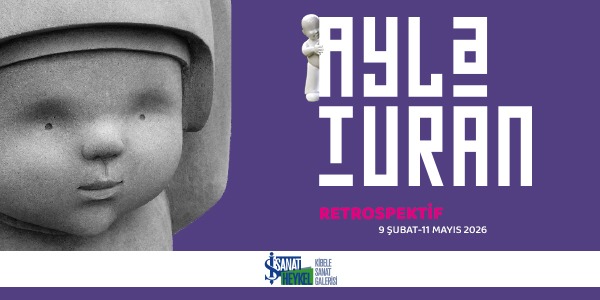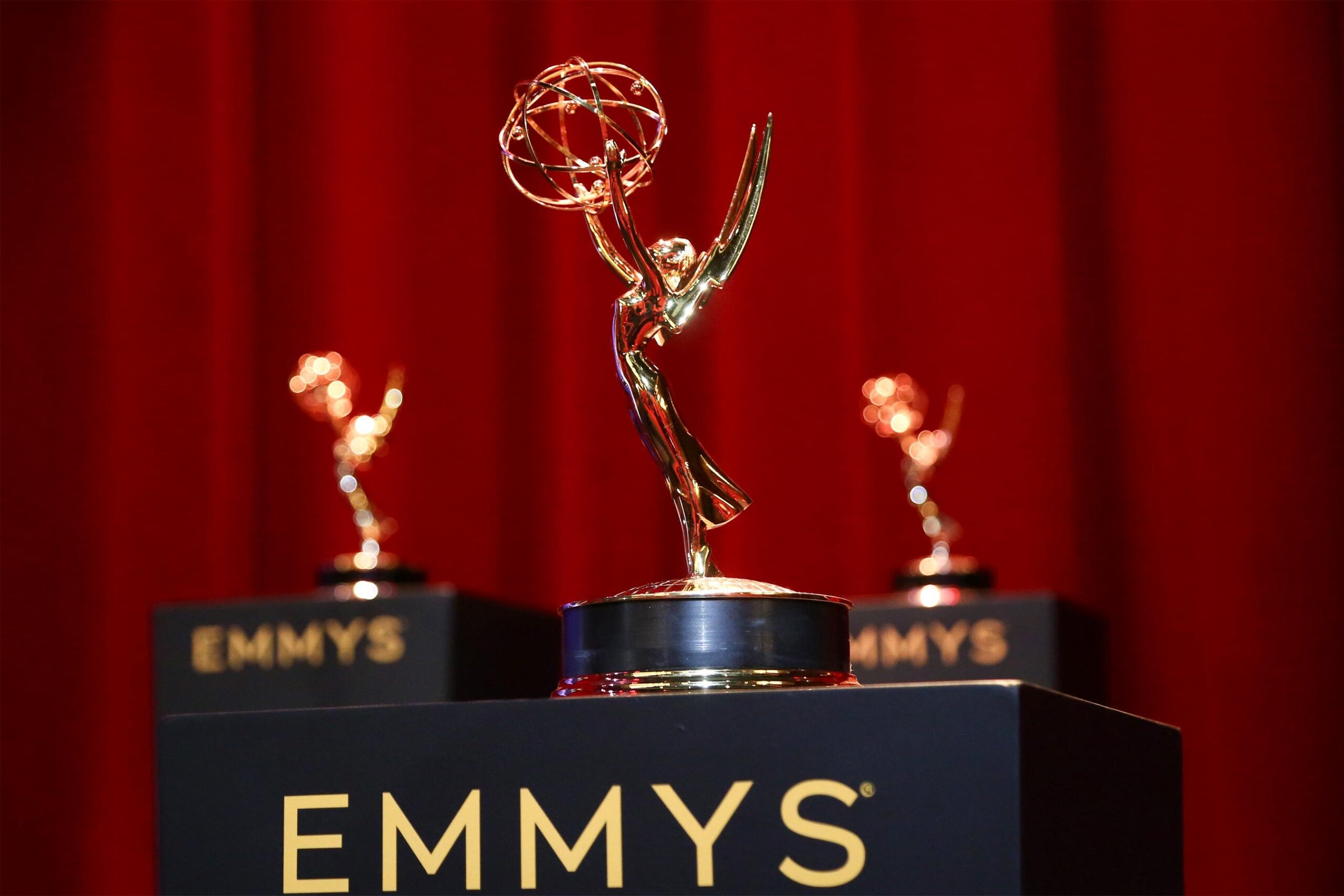In an unforeseen twist for Paris, Saint Germain des Près, one of the city’s key art enclaves, galleries were compelled to shut their doors last Thursday. Security measures for the imminent Olympic Games’ opening ceremony next week triggered this abrupt shutdown, leaving art dealers in a quandary. Gallery owners lamented that potential clients were unable to access their spaces, preventing the public from viewing exhibitions initially slated to remain open. Consequently, many galleries opted for an early summer recess.
The recent erection of metal barricades along central Paris streets exacerbated the issue. Even residents and regular visitors to these areas were taken aback by the sight of these fences. “It’s quite regrettable,” remarked Virginie Boissière, director of Galerie Forest de la Divonne. She noted that the barriers, installed without prior notice on June 28, have since hampered foot traffic. “It’s a veritably disastrous, prison-like context for all the businesses,” commented George-Philippe Vallois, founder of Galerie George-Philippe et Nathalie Vallois, whose gallery had planned to stay open throughout the Olympics.
These barriers are part of a security measure to restrict public access to the “gray zone,” a controlled area near the Seine’s banks. Those needing entry were instructed to apply for QR codes in advance. However, some galleries reported they were not informed about this procedure. Laurence Esnol, founder of her eponymous gallery, expressed her frustration: “It’s a lack of respect for the galleries and businesses.”
Before the implementation of the gray zone, assurances from the Paris prefecture suggested that businesses would remain accessible to customers. However, as enforcement began on Thursday, this proved not to be the case. Even with the QR code system, complications arose. The prefecture claimed customers only needed to mention their appointments with businesses within the zone for entry, yet galleries discovered this was ineffective.
Dealer Charlotte Ketabi of Ketabi Bourdet gallery recounted an instance where a French-speaking collector with a scheduled appointment was denied access despite presenting proof of the appointment. “It’s that one client you miss that can ruin a sale,” Ketabi noted. She sought advice from Vallois, who previously led the Comité Professionel des Galeries d’Art, a group representing French art galleries in dealings with authorities. Vallois critiqued the communication as insufficient and unclear.
In June, former French Prime Minister Gabriel Attal proposed a commission to determine compensation for businesses affected by such closures. Yet, there has been no guidance on how compensation amounts will be calculated, with only an email address provided for inquiries.
Art galleries face a unique challenge in this context: their income is less predictable compared to retail stores. Ketabi Bourdet’s experience highlights the crucial nature of client appointments and the erratic nature of art sales. July, typically a lucrative month for galleries, seemed especially promising with the anticipated influx of affluent visitors drawn by the Olympics. “We were actually encouraged to participate in the Olympiade Culturelle,” Ketabi said, noting that galleries were led to believe that high-ticket buyers would flood Paris specifically for the Games.
Now, with clients unable to enter, the prospect of attracting new patrons has dwindled. Furthermore, the establishment of non-motorized zones beyond the gray zone, which will intermittently appear throughout the Games, complicates logistics for shipping and receiving artworks. “We’re still a young gallery,” Ketabi explained. “We have important costs: rent, electricity, our people.”
For these galleries, the Olympics, once seen as a beacon of opportunity, has instead cast a shadow of uncertainty and financial strain.









